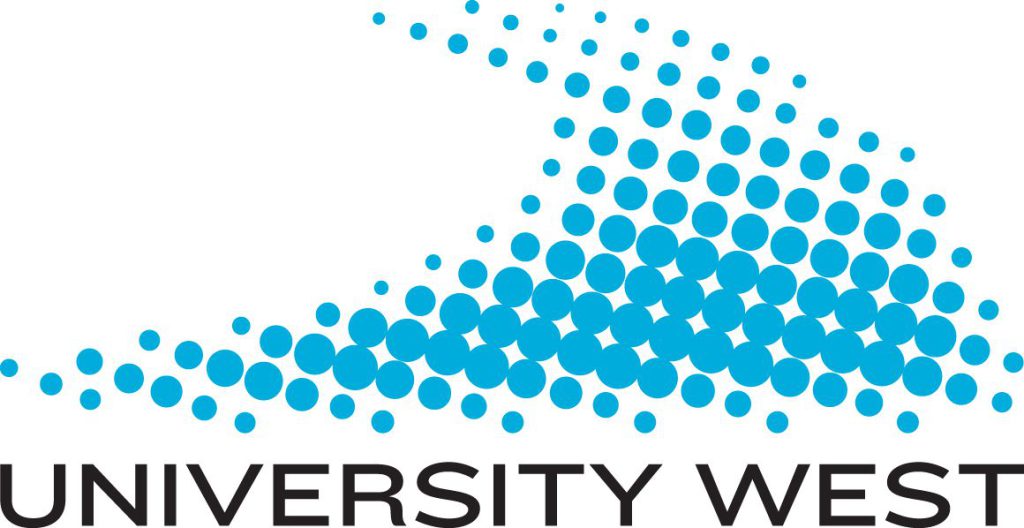The problem with WIL is that it’s basically quite easy, and this is hard to understand
The starting point for the reflections on WIL in this blog post is the idea that what makes WIL – here defined as a strategy for developing new and useful knowledge in-between people with different competences and interests – difficult is that it basically deals with something very simple. In order for collaborations between academics […]
Towards a quality framework and a vocabulary for WIL
Have you ever watched any of the popular TV-shows about food and how to prepare for a dinner? Like Hell´s Kitchen, Next Level Chef, Kitchen nightmares or Master Chef? As wannabe chefs we tend to follow this type of series for both inspiration and learning some new tricks of the master chef trade. As the […]
‘Anything Goes’ with Work-Integrated Learning?
‘Anything goes’, the central slogan of the Austrian philosopher Paul Feyerabend’s epistemological anarchism, is perhaps the most notorious phrase in 20th-century philosophy of science. Since it first appeared in 1970, it has provoked a largely critical response. Influential commentators have called Feyerabend’s view ‘inapplicable’ (Agassi[AHB(1] , 2014), ‘nonsensical’ (Nagel, 1977[AHB(2] ), ‘difficult to take seriously’ (Worrall, 1978[AHB(3] ), […]
Ten theses about WIL
After spending several years developing and running a master program in Work Integrated Political Studies (WIPS) which gives a master’s degree in work integrated learning, developing and running the course WIL as a research subject on the Ph. D. education in work integrated learning, being part of the WIL-certification process, currently doing research on the […]
Work-integrated… what?
Providing students with work-based experiences is a popular educational approach. What I find problematic is the general trend to label this approach Work integrated Learning (WIL) rather than Work-integrated Education (WIE) (Billett & Valencia-Forrester, 2020). The International Journal of Work-integrated Learning reproduces this trend by defining WIL as: an educational approach that uses relevant work-based […]
おはようGood morning!
It is 3 am and I am sitting in my living room, listening to the session “Experiences from CEWIL Canada, WIL and ACEN” at the WACE (World Association of Co-operative Education) conference. The three acronyms hold three giant networks focusing on work integrated learning around the globe. The conference should have been held in Kanazawa, […]
Seendets konst
Den amerikanska genforskaren Barbara McClintock (1902-1992) tilldelades 1983 ett nobelpris sin forskning kring det avvikande majskornet. En tid innan hon belönades med priset utkom en bok om henne: A Feeling for the organism. The Life and Work of Barbara McClintock, författad av den amerikanska professorn Evelyn Fox Keller. Boken bygger på samtal med McClintock och […]
WIL Reflections…it’s alive!
Welcome to University West’s research blog about Work integrated Learning (WIL). Through the blog, we want to actively stimulate a theoretically grounded and critical discussion about how WIL can be understood as a multifaceted phenomenon, concept, or research area. We envision that such a discussion will illustrate and develop the core and the elasticity of […]
